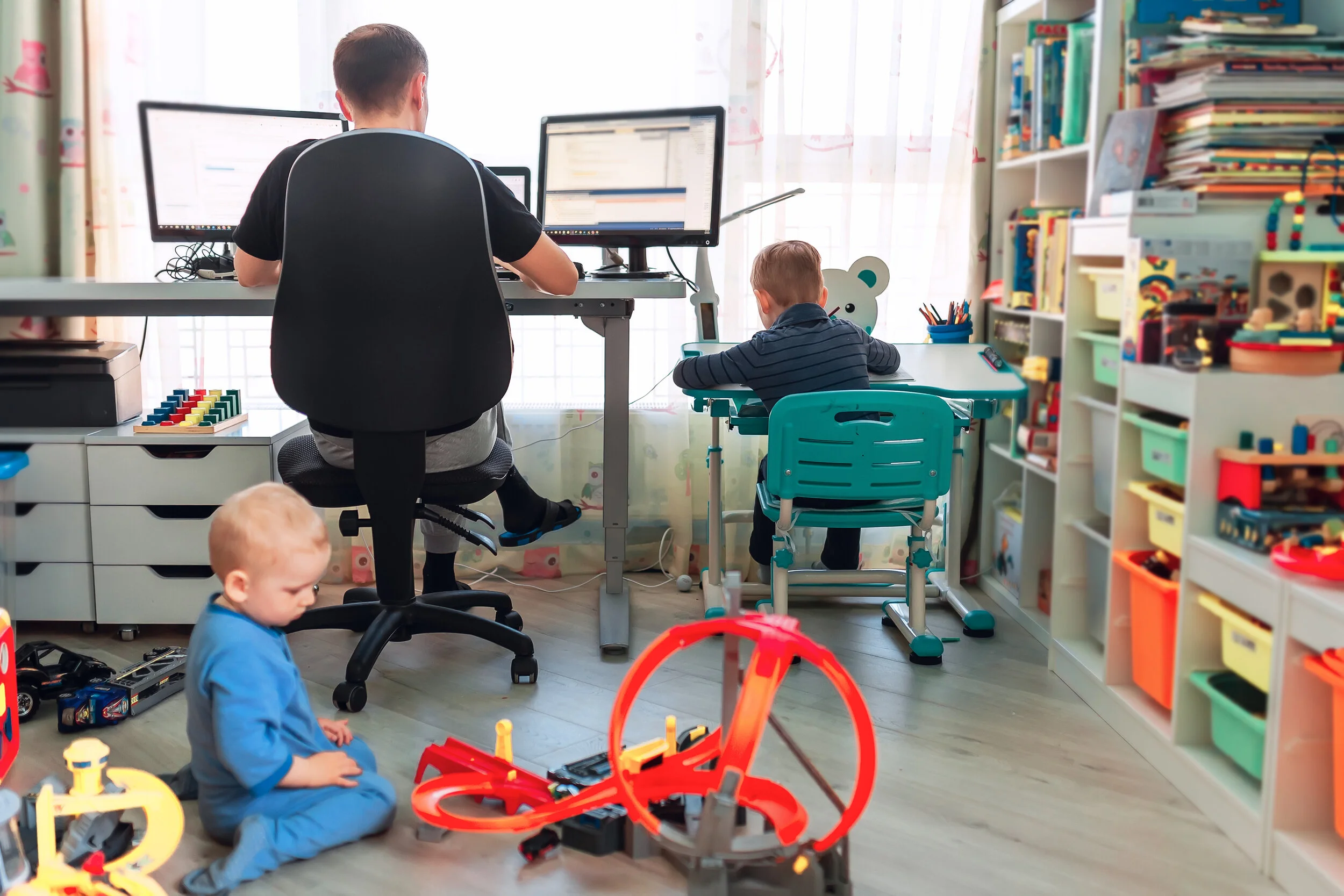
The VM Blog
In our blog, you’ll read about everything from workplace misconduct, report writing, and investigating stale complaints to interviewing non-employee witnesses. We hope these articles help you better understand the investigative law process, where common misunderstandings and hold-ups happen, and best practices we can all employ.
Quick Tips for Conducting Remote Interviews – Lessons Learned from the First Six Months
It feels surreal we are still coping with COVID-19. On March 11, 2020, the World Health Organization declared COVID-19 a pandemic. On March 19, 2020, California Governor Gavin Newsom issued shut-down orders for the state. Even though six months have now passed, things are not back to normal.
No Written Report? No Problem
Workplace investigators are accustomed to writing. 50-page report? 75-page report? Not a problem. Writing detailed, comprehensive investigative reports is what we do. On the other hand, workplace investigators are less accustomed to providing findings to clients without a report – commonly referred to in our industry as “verbal findings” or “oral debriefs.”
Don’t Wait, Investigate!
As California continues on its path to reopening under the state’s four-stage plan, the workplace faces change and opportunity. Should employers permit employees to return to the workplace and, if so, under what guidelines? When is the appropriate time to ask employees to return to the workplace?
Reopening California: One Stage at a Time
California is currently in the second stage of Governor Gavin Newsom’s four-stage plan to gradually reopen the state amid the COVID-19 pandemic. During this stage, lower risk workplaces, including business offices, may reopen with modifications to protect public health and safety.
Bullying in the Remote Workplace
On June 5, 2020, California Governor Gavin Newsom announced that schools, day camps, bars, gyms, campgrounds and professional sports may begin reopening with modifications. This is another step towards reopening California amidst COVID-19. Nonetheless, the process is not complete. Many non-essential workers continue to work remotely fulltime.
Pandemic Parenting
Shortly before the COVID-19 pandemic became national news, my coworker and I joked about leaving our office for the day to start our “second shift” – caring for our children, spouses, and homes when we got home from work. Shortly thereafter, the shelter-in-place order went into effect and suddenly my “second shift” collided with my day job.
Ways to Give Back and Support Communities During COVID-19
During these difficult times, a compassionate and responsive community is a source of comfort. Across the country, individuals, businesses, and communities are collaborating in unprecedented ways to give to those impacted by COVID-19. The outpouring of empathy, generosity, and ingenuity leaves us at VM Law with a profound sense of gratitude.
COVID-19: Stealing Time or Time Well Spent?
The impact of COVID-19 continues to fundamentally alter the American workplace. Remote workers are the norm, furloughs are unavoidable in certain sectors, and employers considered “essential” are struggling to maintain productivity whilst preserving a positive workplace culture.
These changes will carry over and impact the way workplace investigators do their jobs, too.
Evolving Workplace Complaints in the COVID-19 Era
Surreal times. Face masks, gloves, home confinement, closed offices, and brave essential workers. COVID-19 has rapidly altered the American workplace. Employers – particularly Human Resources professionals – are grappling with a host of difficult issues. How to monitor a remote workplace, how to keep employees safe, how to manage the return to the workplace, to name a few.
Report Writing While Remote: Practical Tips to Boost Productivity
It is 3:00 in the morning. Your investigative report is due. It is the eleventh hour. You stare anxiously at the blank Word document – the cursor blinking at you – almost as if to mock your current predicament. We have all been here once or twice, even under normal circumstances. But with the ongoing change and uncertainty of the current COVID-19 crisis, the risk of facing that blank space seems more real than ever.
COVID-19: California Deadline Extension for Investigations of Public Safety Officers and Service of Adverse Action on State Employees
The upheaval caused by COVID-19 continues to impact workplace investigations. Personally, many are suffering from illness, isolation and loss of income. Professionally, agencies are struggling to respond to COVID-19 while adhering to statutory deadlines and mandates.
Keeping a Finger on the Pulse of Employee Morale in the Covid-19 Landscape – The Climate Assessment
As workplaces adjust to COVID-19, it may become harder for employers to keep a pulse on employee morale. Are people happy working from home? Do workers understand their responsibilities as remote employees? Is there going to be a decline in employee work performance?
A Word of Confidence
In this video, Senior Partner Sue Ann Van Dermyden sends a message of calm and confidence during this unprecedented time. She shares two useful tips for coping with the rapid changes of COVID-19 and reassures clients and colleagues that at VMLC, we remain available to conduct investigations.
Is Your Child Your New Coworker? Helpful Tips for Investigator Parents Working from Home
Life continues to change for Americans amid the rising Covid-19 concerns. Cities across the country have received shelter in place orders. Employers are directing staff to work remotely. Schools are closed, leaving children at home for an undetermined time.
COVID-19: What Lies Ahead for Workplace and Campus Investigators
Seemingly overnight, the world has changed. Resist the friendly handshake. Forego the group gathering. Cancel travel plans. The new normal – social distancing. As the United States, and the world, reacts to COVID-19, so too must workplace investigators. On March 11, 2020, the World Health Organization officially declared the viral disease COVID-19 a pandemic. In the United States, COVID-19 cases continue to rise, causing significant disruptions to day-to-day life.















